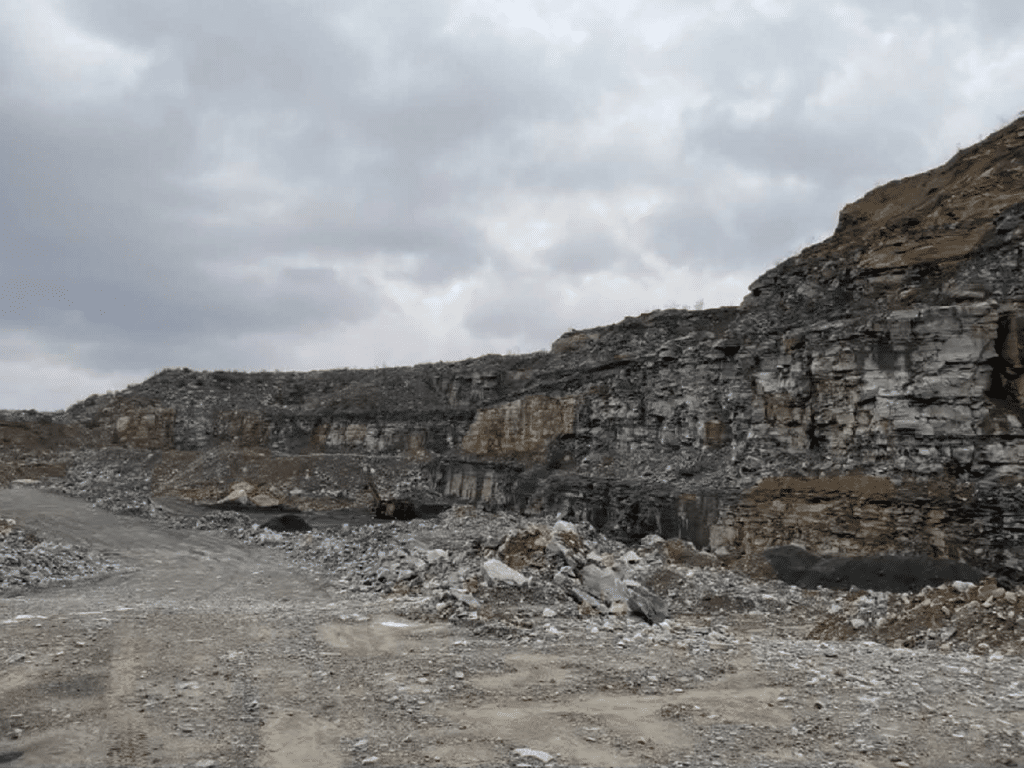By Julie Johnson
This summer, 735 Mingo Co, W.Va. resident’s quest for civil restitution and medical monitoring was the focus of a series of judicial controversies.
Since 2004, these individuals have been involved in litigation with Massey Energy over their water. They claim that coal slurry—the byproduct of washing raw coal to remove combustible elements—infected local aquifers with heavy metals and toxins for decades, causing chronic illness, organ failure and tumor growth. Massey subsidiary Rawl Sales was permitted to inject coal slurry into nearby abandoned mines from 1978 to 1987.
Judge Michael Thornsbury presided over the case since the beginning. On Aug. 19th, West Virginia Justice Robin Davis concluded “past relationships could create the appearance of impropriety and lead to questions about [Thornsbury’s] impartiality,” and disqualified Thornsbury from the case.
These questionable relationships were brought to the state’s Supreme Court in a recusal motion by Thompson Barney, the law firm representing the plaintiffs. They call Thornsbury’s action throughout the trial “cronyism at its worst, a clear violation of canon and a slap in the face to the plaintiffs.”
The settlement agreement in the Mingo case calls for a comprehensive medical monitoring program. Judge Thornsbury named Massey contractor Dr. C. Donovan Beckett as administrator of the program. Beckett is also Thornsbury’s business partner, and former campaign manager. He worked with Massey’s attorneys to throw a fund-raising gala for Thornsbury’s campaign.
The original draft of the medical monitoring program included an epidemiological study of residents’ illnesses and connection to coal waste. Though he had originally agreed to support this portion of the program, at trial Thornsbury allowed Massey’s objections to it.
The company has yet to explain its reasons for denying this vital part of the settlement. Their insurance company is providing the funding for medical monitoring. With no financial stake in the administration or oversight, Thomspon Barney says Massey’s objective is to “hide the truth about the true extent of slurry’s health effects on the Plaintiffs.”
They also claim Thornsbury maintained an ex parte relationship with Massey CEO Don Blankenship. The two were seen dining together between the time that a settlement was reached and a subsequent hearing in which Massey claimed they were unable to pay the agreed upon amount.
As president of Rawl Sales, Blankenship personally ordered coal waste to be injected into abandoned mine sites. Yet, Thornsbury issued an order precluding plaintiffs from questioning Blankenship about his personal knowledge concerning injections.
This is not the first time Blankenship’s relationship with the West Virginia judicial system has been a topic of controversy. In 2007, while Massey was appealing a $82 million settlement verdict in the West Virginia Supreme Court, Blankenship spent $3 million out of his own pocket to unseat incumbent Justice Warren McGraw in a judicial election.
McGraw’s opponent, Brent Benjamin, won and cast a pro-Massey vote in a 3-2 decision to overturn the verdict. Another pro-Massey vote in the decision was cast by Justice Spike Maynard, who was photographed vacationing with Blankenship in the French Riviera in 2006.
In 1985, as a private attorney, Judge Thornsbury represented Massey Energy in a suit bought against the company by coal field residents over blasting near their homes. Justice Davis found this to be the most overwhelming reason for recusal. The ruling will likely delay the start of the trial until late October.
Related Articles
Latest News

Leave a comment
Your email address will not be published. Required fields are marked *





Leave a Comment